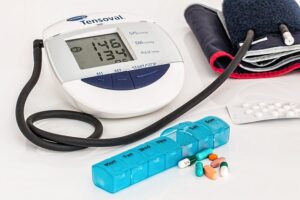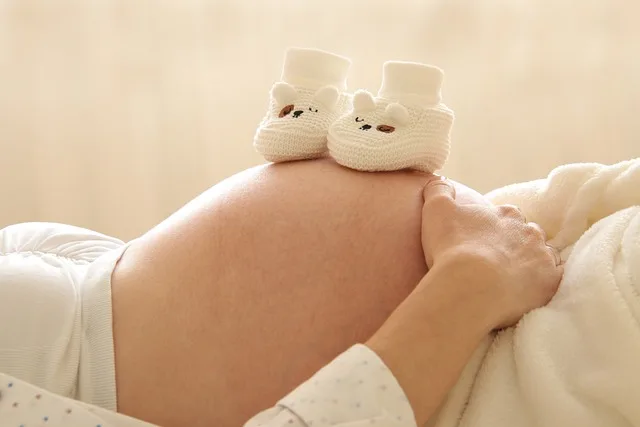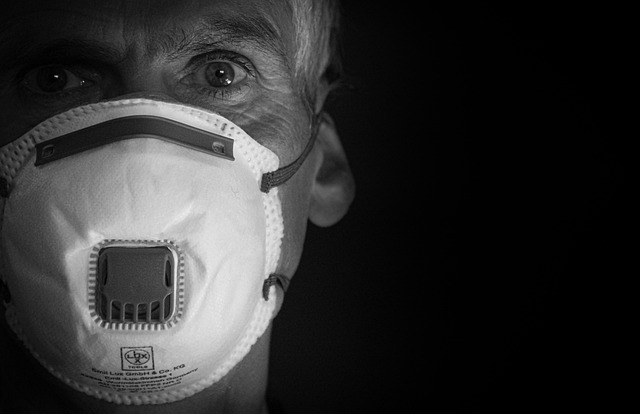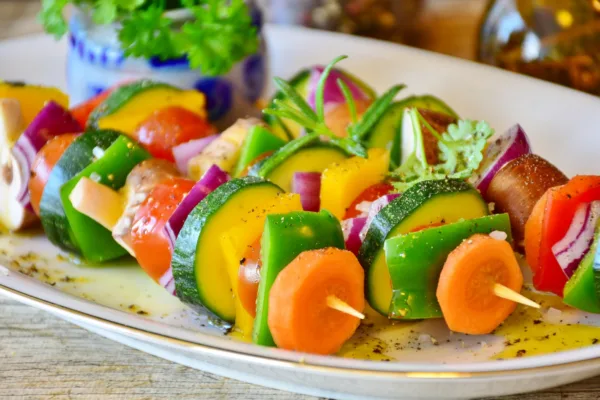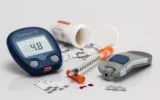High blood pressure is a common condition that affects millions of people. It is a leading cause of stroke, heart attack, and other cardiovascular diseases, and is often left untreated.
The good news is that there are a number of natural ways to help reduce high blood pressure without the need for medication. Eating a healthy, balanced diet is one of the most important steps to take when trying to lower your blood pressure.
The following are some dietary tips to help you eat to beat high blood pressure:
1. Increase your intake of fruits and vegetables. Fruits and vegetables are packed with essential nutrients, vitamins, and minerals that are essential for maintaining a healthy blood pressure. Eating a variety of fresh, frozen, canned, or dried fruits and vegetables can help you lower your blood pressure.
2. Cut back on sodium. Too much sodium can increase your blood pressure. Try to limit your daily sodium intake to no more than 2,300 milligrams per day. Choose low-sodium foods and watch for hidden sodium in processed and prepared foods.
3. Eat more potassium-rich foods. Potassium helps to balance sodium levels in the body and can help to reduce blood pressure. Foods high in potassium include potatoes, bananas, oranges, spinach, and tomatoes.
4. Reduce your intake of saturated and trans fats. Saturated and trans fats are unhealthy fats that can raise your cholesterol levels and increase your risk for heart disease. Choose healthier fats such as olive oil and canola oil, and opt for lean proteins such as fish and poultry.
5. Eat foods rich in fiber. Fiber helps to reduce cholesterol levels and can help to lower blood pressure. Whole grains, legumes, nuts, and seeds are all excellent sources of fiber.
6. Choose low-fat dairy products. Low-fat dairy products such as milk, yogurt, and cheese can help to reduce your blood pressure. Choose fat-free or low-fat varieties.
7. Limit your caffeine intake. Caffeine can temporarily raise your blood pressure. Try to limit your daily caffeine intake to no more than 400 milligrams.
8. Don’t forget to drink water. Water helps to flush out toxins and regulate your body temperature. Aim for eight glasses of water per day.
By following these dietary tips, you can make a positive change in your eating habits and help reduce your blood pressure. Eating a healthy, balanced diet is one of the most important steps you can take to help lower your blood pressure and reduce your risk for heart disease.
Image by Steve Buissinne from Pixabay
